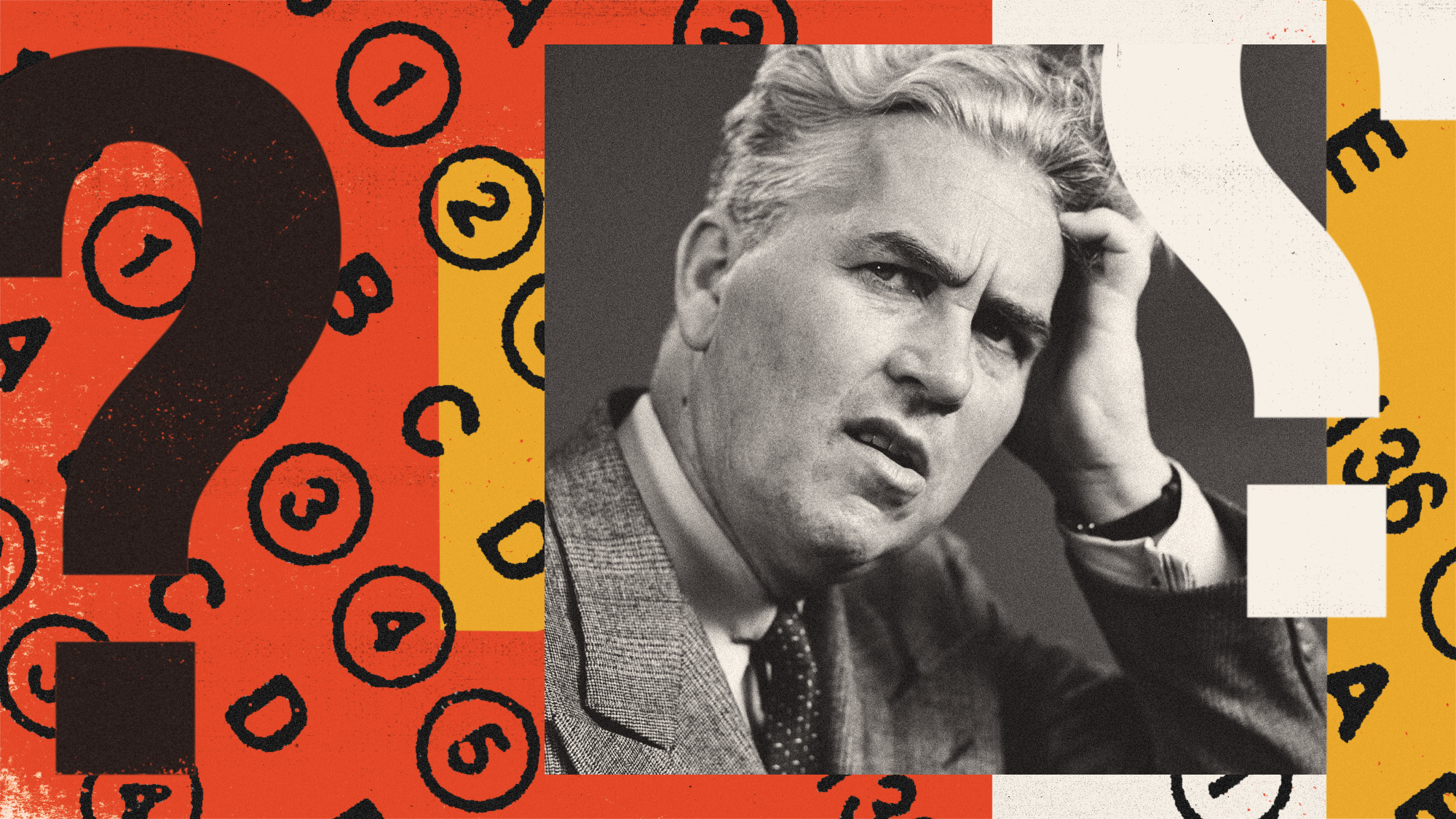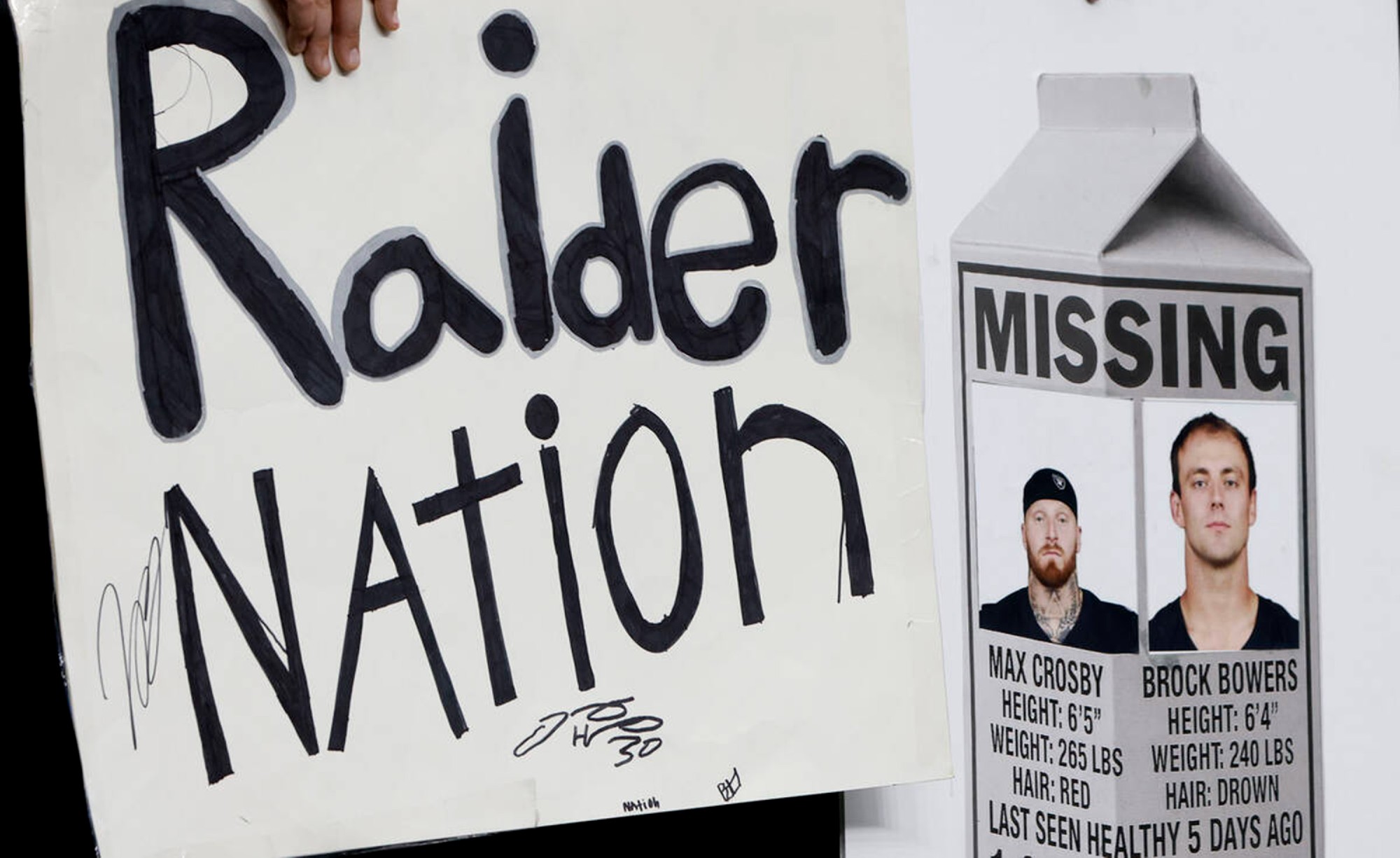Why didn't the Asiana Flight 214 pilots talk to each other?
A "Korean" thing? Absurd.


The pilots of Asiana Flight 214 were not two truculent white dudes from Illinois who speak without distinguishable accents. They were Korean. And that means, according to some, that they must be essentialized as Koreans before we can understand their actions as pilots.
From NBC News:
"The Korean culture has two features — respect for seniority and age, and quite an authoritarian style," said Thomas Kochan, a professor at the Sloan School of Management at the Massachusetts Institute of Technology. "You put those two together, and you may get more one-way communication — and not a lot of it upward."
The Week
Escape your echo chamber. Get the facts behind the news, plus analysis from multiple perspectives.

Sign up for The Week's Free Newsletters
From our morning news briefing to a weekly Good News Newsletter, get the best of The Week delivered directly to your inbox.
From our morning news briefing to a weekly Good News Newsletter, get the best of The Week delivered directly to your inbox.
Oh hyun! Where do I begin?
Asiana and Korean Air, the two major airlines that fly out of South Korea, have excellent safety records. In about 99.99 percent of their flights, the Korean pilots face whatever issues they need to face, and land properly. As in, on runways. Without breaking the plane.
Second, before the two Koreans were Koreans, in the cockpit, they were pilots. And being a good pilot, a pilot who respects authority and gets promoted, means adhering to a set of protocols within the profession. One is called Crew Resource Management, or CRM. It's basically a set of psychological tools to help human beings, particularly those in a hierarchical social structure, accept and receive input during moments where subordinates must be seen as equals. Practically, it sounds a bit like dialectical therapy. First, get the attention of the superior respectfully. Say his name. Then, describe what you see as the problem. Then, prescribe a solution. Then, ask if the superior agrees. "Captain, I notice we're under speed. I think we should fly a go-around. Do you agree?"
There is no reason why, in the context of two experienced pilots, this conversation would have somehow conflicted with the fundamental Korean-ness of the cockpit. That the pilots did NOT have this conversation suggests something else was wrong. But it could very easily be that one or both of the pilots was tired. Or that they were too proud to admit to themselves that they (together) were making an error. Or that (as sometimes happens) they were both overconfident that they could correct it. These are human traits, and are common to a lot of aviation mishaps. A lot of pilots probably should execute "go-arounds" more often than they do, just to be safe, but they go ahead and try to stick the landing anyway, because they're experienced, they know the plane, and they know the runway.
A free daily email with the biggest news stories of the day – and the best features from TheWeek.com
In this case, the pilot flying did not know the runway in this plane very well, and he didn't know the plane very well, and his overconfidence in his skill as a pilot in general might have been too high for the situation that presented itself.
It is far more likely that, if the pilots did not talk to each other as they ought to have, that one of these non-ethnic reasons is to blame.
To recognize the hierarchical protocols of Korean culture is one thing. If you live with Korean-Americans, you'll notice it when Korean-Americans act out these rituals, like, say, when greeting older relatives or interacting at a Korean restaurant. These are situations where being essentially Korean is the primary social dynamic.
But in a cockpit, the pilots are pilots. Pilot culture is a lot more relevant than social stereotypes.
Marc Ambinder is TheWeek.com's editor-at-large. He is the author, with D.B. Grady, of The Command and Deep State: Inside the Government Secrecy Industry. Marc is also a contributing editor for The Atlantic and GQ. Formerly, he served as White House correspondent for National Journal, chief political consultant for CBS News, and politics editor at The Atlantic. Marc is a 2001 graduate of Harvard. He is married to Michael Park, a corporate strategy consultant, and lives in Los Angeles.
-
 The Week’s big New Year’s Day quiz 2026
The Week’s big New Year’s Day quiz 2026Quiz of the Year How much do you remember about 2025’s headlines? Put yourself to the test with our bumper quiz of the year
-
 Is tanking ruining sports?
Is tanking ruining sports?Today's Big Question The NBA and the NFL want teams to compete to win. What happens if they decide not to?
-
 ‘Netflix needs to not just swallow HBO but also emulate it’
‘Netflix needs to not just swallow HBO but also emulate it’instant opinion Opinion, comment and editorials of the day
